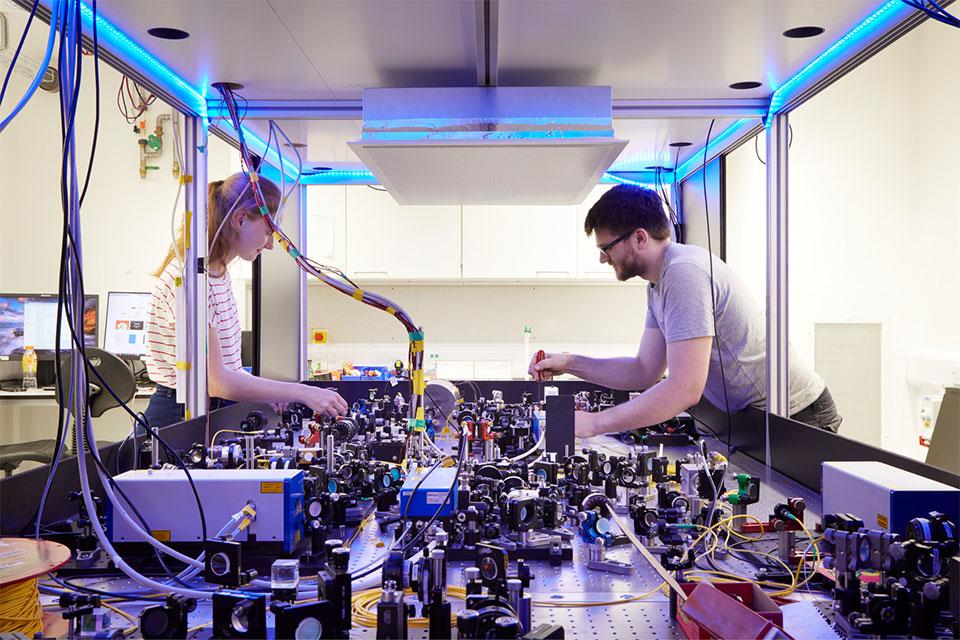Beecroft Building
Dr Tammy Ma
Lawrence Livermore's National Ignition Facility (NIF)
Abstract
As high-intensity short-pulse lasers that can operate at high-repetition-rate (HRR) (>10 Hz) come online around the world, the high-energy-density (HED) science they enable will experience a radical paradigm shift. The >103´ increase in shot rate over today’s shot-per-hour drivers translates into dramatically faster data acquisition and more experiments, and thus the potential to significantly accelerate the advancement of HED science. However, to fully realize the potential benefits of HRR facilities requires a fundamental shift in how they are operated, and in fact, how the experiments were done on them are designed and executed. Current energetic driver facilities depend on the ability to manually tune the lasers, the targets, the diagnostics settings, and more, between single shots or sets of shots through a manual feedback loop of data collection, data analysis, and optimization largely driven by experience and intuition. At 10 Hz, this paradigm is no longer sustainable as more complex data is collected more quickly than is possible to analyze manually. Simultaneously, on-the-fly optimization of experiments will become ever more crucial as higher repetition rates will lead to more deliberate inter-shot variations and the improved operational range to allow exploration over larger regions of phase space. Consequently, it is likely that the next generation of laser facilities will be limited not by their hardware but by our ability to use it effectively. We will present the vision and ongoing work to realize a HRR framework for rapidly delivered optimal experiments coupled to cognitive simulation to provide new insights in HED science.

